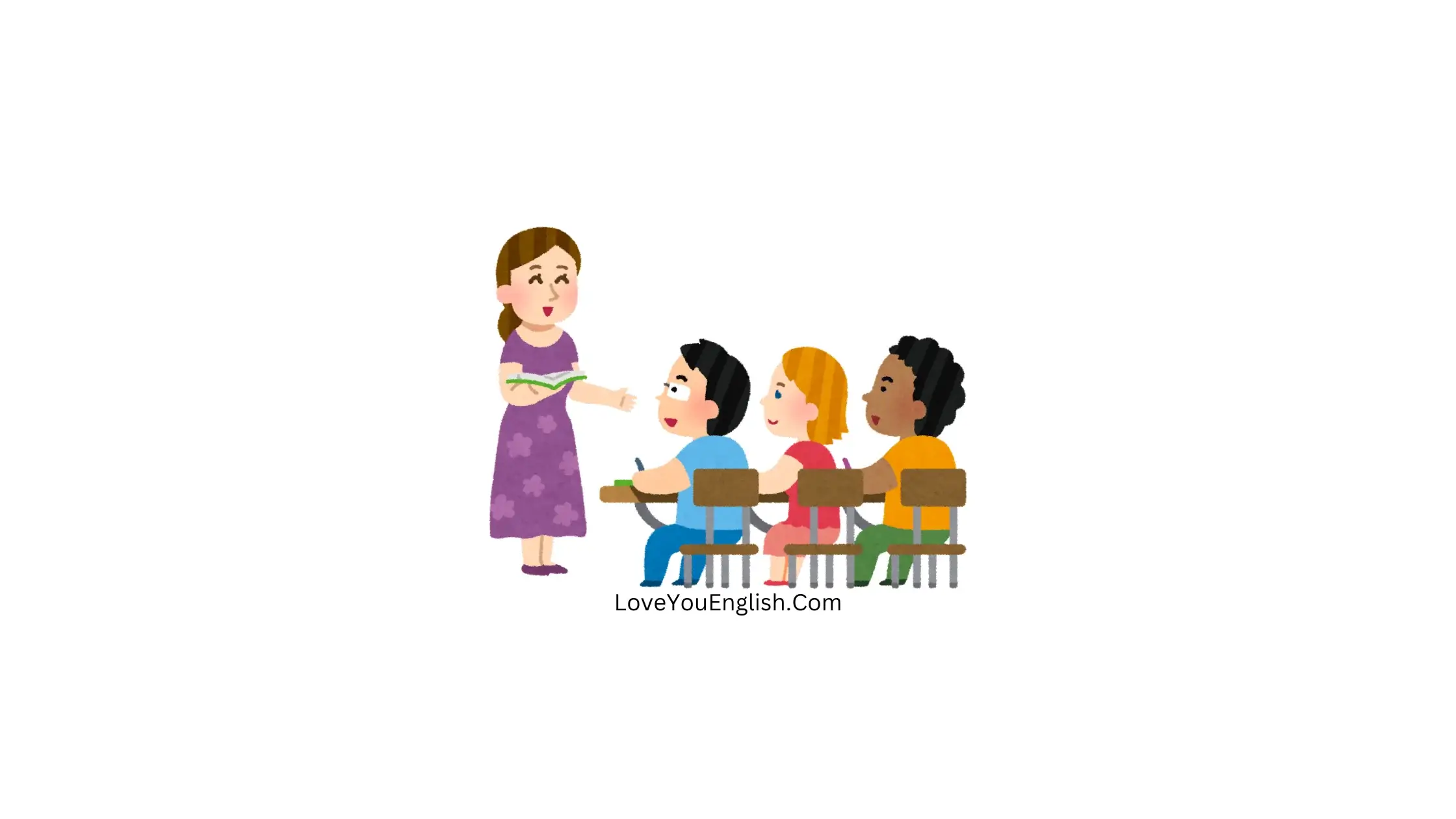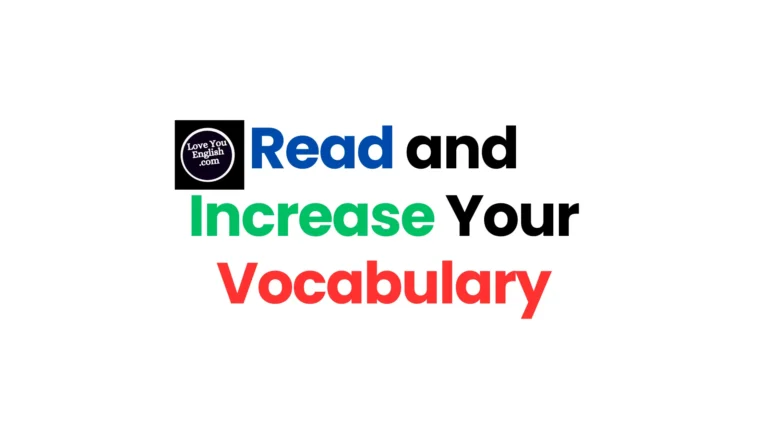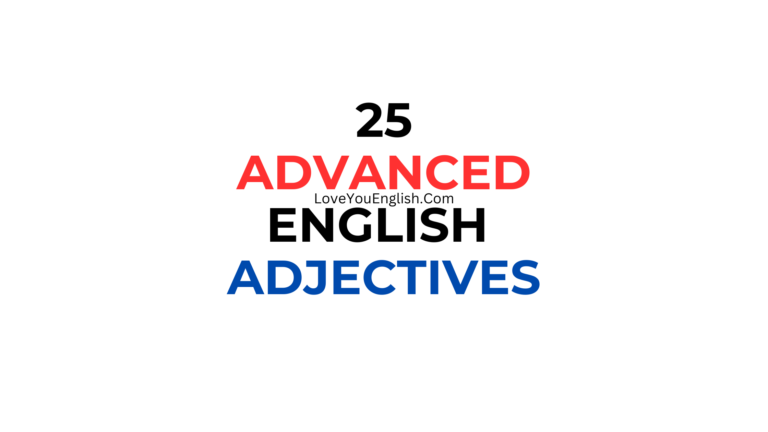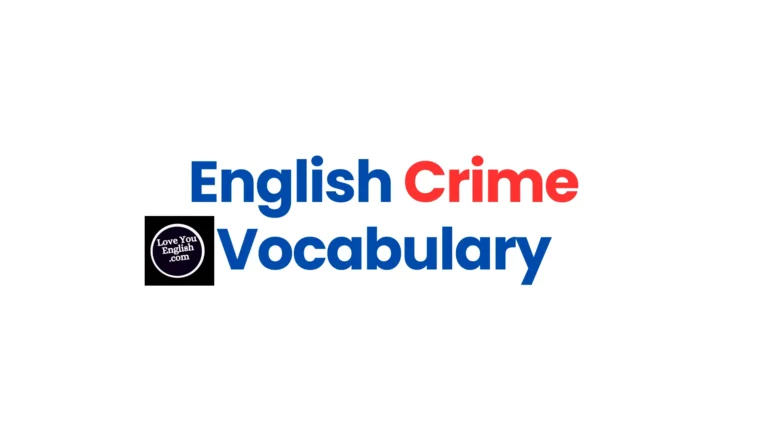English Vocabulary: Words Related to Teaching
English Vocabulary: Words Related to Teaching
Now let’s dive into the realm of education, where knowledge reigns supreme. Imagine a bustling school, not just a brick-and-mortar institution but a hub of ideas and discovery.
In this vibrant setting, professors don’t just teach; they’re the wizards of academia, weaving spells of enlightenment.
Now, let’s talk about the backbone of education—training. It’s not just about mastering a skill; it’s about honing the craft of learning itself.
Picture a scenario where a professor takes the stage not just to impart facts but to demonstrate the beauty of their subject.
It’s like a live performance, a symphony of knowledge where they showcase the intricacies, bringing theories to life.
But here’s the catch: the journey isn’t a solo adventure. It’s a collaborative dance where guidance plays a pivotal role.
Professors don’t just drop knowledge bombs; they guide you through the labyrinth of learning.
It’s like having a seasoned trailblazer in the academic wilderness, showing you the ropes and nudging you in the right direction.
In the realm of academia, assessment is the checkpoint, the reality check that keeps us grounded.
It’s not just about exams and grades; it’s about taking stock of what we’ve absorbed and identifying areas that need a bit more love.
Think of it as a friendly nudge, a GPS recalibration for our learning journey.
Now, let’s zoom out a bit and look at the broader canvas of education. It’s not just about amassing information; it’s about creating an environment that facilitates growth.
Professors become not just teachers but facilitators of intellectual exploration. They set the stage, create the atmosphere, and let the magic of learning unfold.
Also read:
- English Entertainment Words and Phrases
- English Phrases About Jobs and Career
- English Phrases for Family and Relatives
Academic pursuits aren’t confined to textbooks and lectures; they’re a holistic experience. The school becomes a microcosm of diverse ideas and perspectives.
It’s a melting pot where knowledge isn’t just transferred; it’s actively shaped and molded by the collective consciousness of students and professors alike.
In this dynamic dance of education, professors aren’t distant figures on a stage. They become mentors, allies in the quest for understanding.
Their role extends beyond the classroom; they become guides in the journey of self-discovery.
It’s about fostering an atmosphere where curiosity thrives, where questions are encouraged, and where the pursuit of knowledge is a shared adventure.
And as we navigate this educational landscape, we realize that knowledge isn’t static; it’s a living, breathing entity.
Professors aren’t gatekeepers of a fixed vault; they are the torchbearers lighting the way through the ever-expanding realm of human understanding.
It’s a collaborative effort, a continuous cycle of learning and teaching where roles blur, and everyone is both a student and a professor.
In this casual yet profound exploration of education, we find that the essence lies not just in absorbing facts but in the dynamic interplay of guidance, demonstration, and facilitation.
The school isn’t just a structure; it’s a crucible where minds are shaped, and ideas take flight.
Professors aren’t just educators; they are the architects of intellectual landscapes, creating spaces where the pursuit of knowledge is not just a task but a joyful, lifelong adventure.
That’s all in this lesson. I hope you found a lot of words related to teaching. As always, use them as much as possible in your language to master them.







